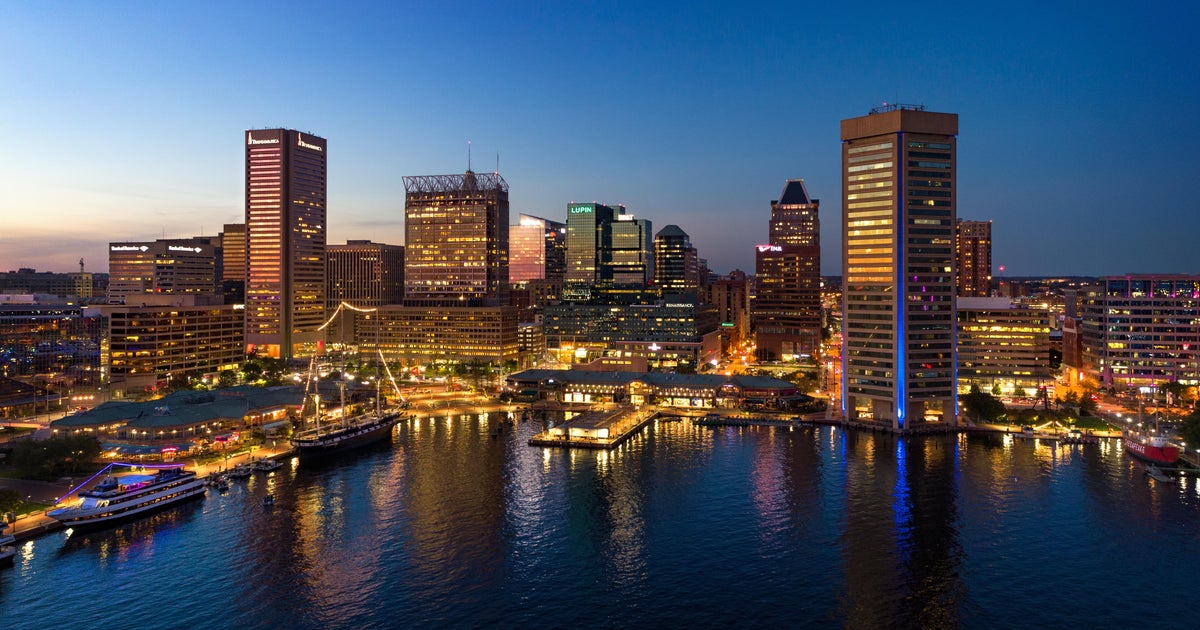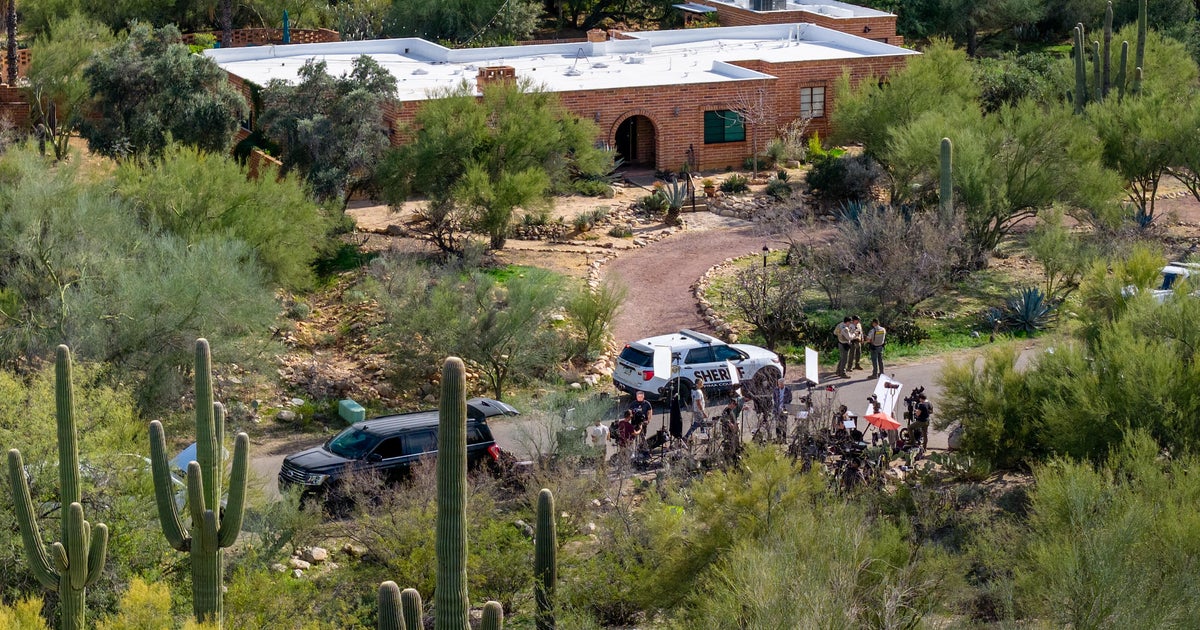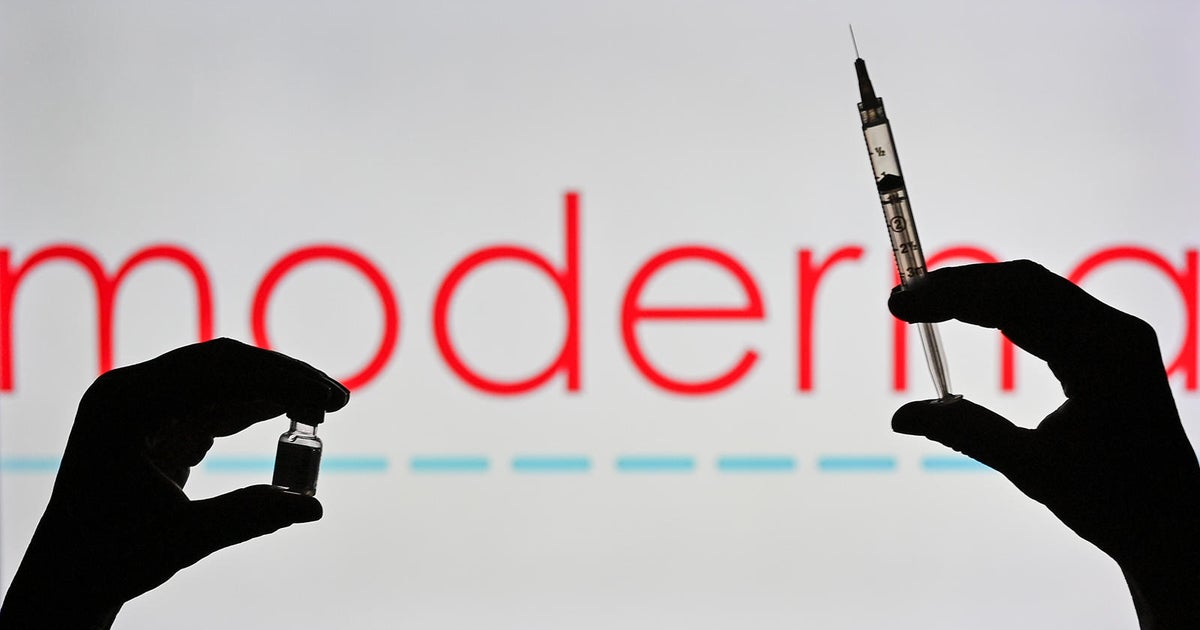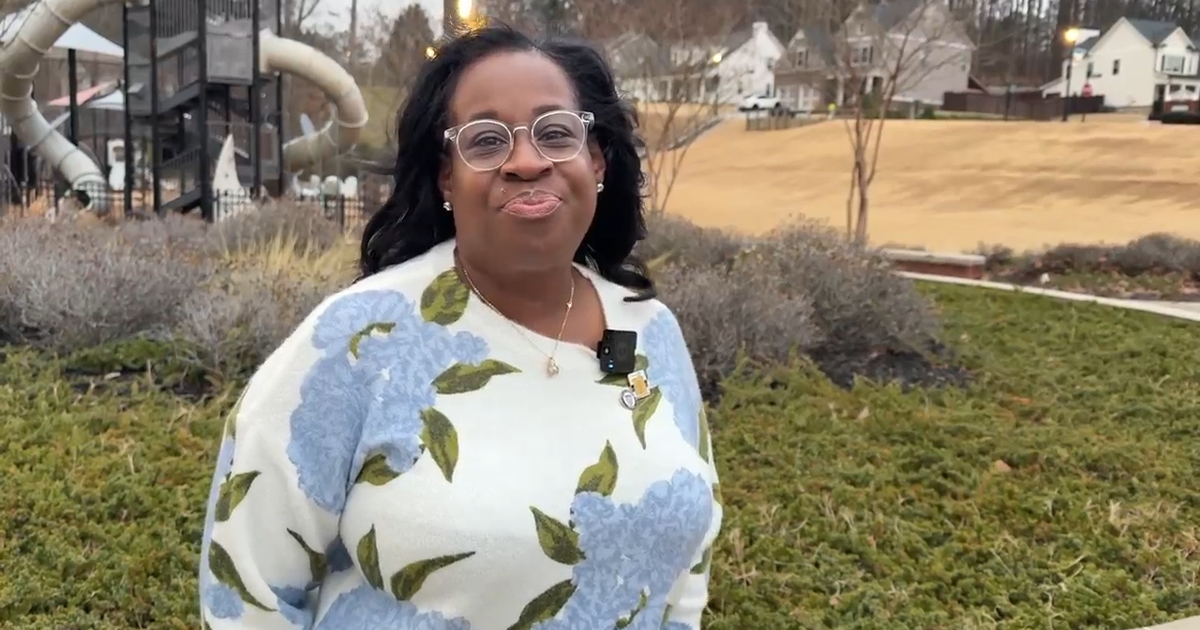Hopkins Scientists: Masks Work In Stopping Spread Of COVID-19, But More Research Needed To Study Effectiveness
BALTIMORE (WJZ) -- Local mechanical engineers say more research is needed regarding which masks are effective in preventing droplets from reaching others.
"Any kind of a mask is better than no mask at all," Johns Hopkins University Professor of Mechanical Engineering Rajat Mittal, said. "Protection from someone who has an infection and is wearing the mask is almost as important in this pandemic as protecting the person wearing the mask."
Mittal and his team published a report this month in the Journal of Fluid Mechanics, showing much of the research on avoiding respiratory illness has not changed much since the Spanish Flu of 1918.
CORONAVIRUS COVERAGE:
- Coronavirus Resources: How To Get Help In Maryland
- What We Know About Coronavirus In Maryland
- Latest coronavirus stories from WJZ
"It's amazing—some of those papers could have been written in 2020," Mittal said of research in 1918. "What they said we need to learn more is exactly where we are right now."
Mittal stressed wearing a mask makes a difference in preventing the spread of COVID-19.
"Masks do help and distancing does help," Mittal said. "Any kind of a mask is better than no mask at all."
Wake Forest Baptist Health anesthesiology chair Scott Segal says if you're making a homemade mask, you can give the material a "light test." Hold it up to the sun or a light to see if any light passes through it. If it does, it will not be a good filter.
For the latest information on coronavirus go to the Maryland Health Department's website or call 211. You can find all of WJZ's coverage on coronavirus in Maryland here.







